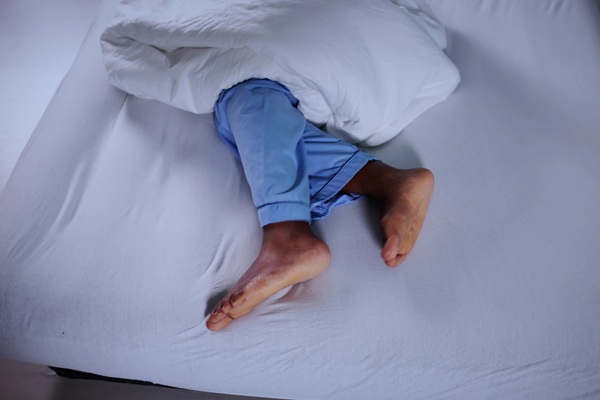Getting a Referral for a TMS Psychiatric Evaluation

You might need psychiatric evaluation for TMS if you have symptoms of a mental health disorder. A psychiatrist is often the second medical professional people with mental health disorders see. General practitioners are typically the first person most people talk to about their symptoms. The doctor tries to determine the root cause of their problem and typically refers them to a psychiatrist when there are no physical problems that might be causing the symptoms.
The psychiatrist goes over the patient's medical files and performs a psychiatric evaluation for TMS. This usually includes completing some questionnaires. These forms typically cover the symptoms of mental health disorders and ask patients to rate their frequency. The psychiatrist uses this information and the patent's medical records to determine if transcranial magnetic stimulation (TMS) is right for them. TMS therapy is typically recommended for patients with moderate to severe treatment-resistant mood disorders, those who react negatively to antidepressants, and people who prefer a drug-free approach.
Patients who suspect they have a mental health condition because of their symptoms are free to head to a psychiatrist directly. The psychiatrist performs a physical examination to rule out physical health issues, and blood tests might be ordered based on their findings.
What to expect when getting a psychiatric evaluation for TMS
TMS therapy involves sending magnetic waves into a patient's brain. This is done by placing a magnetic coil on the patient's head. The device sends magnetic pulses into the patient's brain when turned on. The psychiatrist does this repeatedly during the treatment.
The magnetic waves sent into the brain turn into electric current when they get there. They help to activate or deactivate the regions of the brain targeted. They also stimulate the production of neurotransmitters, which improves communication between neurons. As a result, most patients report a reduction in their mood disorder symptoms.
TMS therapy is a non-invasive procedure. The Food and Drug Administration (FDA) approves it as a treatment for depression and obsessive-compulsive disorder. Side effects are rare, and they typically go away as the patient gets more treatments. Transcranial magnetic stimulation's most common side effects include headaches, nausea, dizziness, and scalp discomfort.
About 0.01% of patients who get TMS treatment experience seizures as a side effect. Due to this, TMS therapy is typically not recommended for people who have had seizures in the past. Other reasons a patient might be disqualified from getting TMS treatments include pregnancy, having metal plates or screws, or having medical devices that the treatment can damage.
TMS therapy involves treatment sessions that last anywhere between 20 to 40 minutes. The first session typically takes the longest since the patient's motor threshold is determined during this appointment. The psychiatrist does this by sending magnetic waves of increasing intensity into the patient's brain until their hands twitch.
A full course of TMS treatments involves getting up to five treatment sessions for four to six weeks. Most patients report positive results as early as two weeks into their treatment.
An effective way to treat mood disorders
TMS therapy might be what you need to put your mood disorder behind you. Call or visit our New York clinic to set up an appointment.
Request an appointment here: https://www.hopetmsofny.com or call Hope TMS and Neuropsychiatric Center at (646) 578-8152 for an appointment in our New York office.
Check out what others are saying about our services on Yelp: Psychiatric Evaluation For TMS in New York, NY.
Recent Posts
Restless leg syndrome can make evenings difficult by creating an urgent need to move the legs when the body tries to rest. Considering symptoms like crawling or pulling often intensify at night, sleep quality can drop, and daytime energy can follow. With the right support, many people can manage their symptoms and get a good…
PTSD syndrome can shape your daily experiences in significant ways, from your emotional balance to your physical health and personal stability. Symptoms of PTSD can become an invisible burden that affects your routine and interpersonal connections. While these symptoms vary from person to person, they can impact every corner of your life without the right…
Adult ADHD therapy supports individuals navigating challenges with focus, time management, and emotional regulation. While attention deficit hyperactivity disorder, or ADHD, is commonly diagnosed in childhood, its symptoms can persist into adulthood, often interfering with careers, relationships, and daily tasks. Professional therapy offers a structured approach to managing these difficulties and building long-term strategies for…
Transcranial magnetic stimulation, also known as TMS treatment, is an innovative and noninvasive therapy for several mental health conditions. By using magnetic fields to stimulate specific areas of the brain, TMS is an effective treatment for cases where traditional methods have provided little to no relief. It is important to know which mental disorders are…


